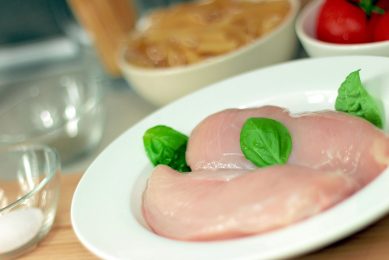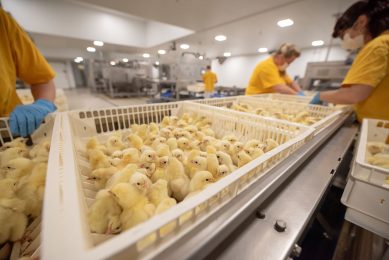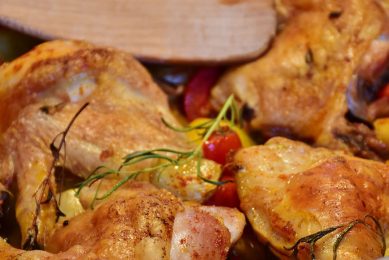Current state of knowledge on phenotypic characteristics of indigenous chickens in the tropics
The rearing of indigenous chickens is an integral part of the smallholder farming system in the tropics, where they are kept by the rural poor to fulfil multiple functions. Their special adaptation to environmental stresses and poor husbandry practices has made them the choice of breed for smallholder production systems.
However, little effort has been made to characterize the indigenous chicken and their production environment, despite the increase in emerging works recently. This paper aims at reviewing the current state of phenotypic characterisation work on indigenous chickens in the tropics.
By and large studies conducted on indigenous chickens to evaluate their performance usually ignore their unique physiological and behavioural characteristics and their socio-cultural values. Moreover, unfair comparisons with exotic chickens are not uncommon especially for yield related traits. Due to their high genetic diversity, there is also remarkable variation in the performance of indigenous chickens within and among breeds.
This variation is an important genetic attribute of the indigenous chicken, on which selection can act to improve their performance. It is recommended that characterisation works use a common set of descriptions developed by international institutions with proven poultry experience so results across countries and regions can be accurately compared.
Purchase report options:
- Purchase this report from Cambridge Journals
- Subscribe to WPSA journal (already a WPSA member)
- Become a WPSA member (word file) (pdf file)












